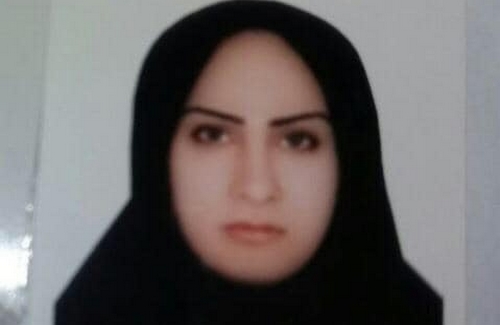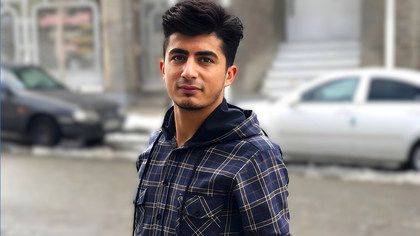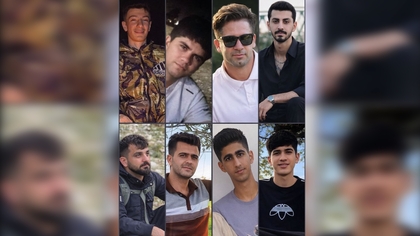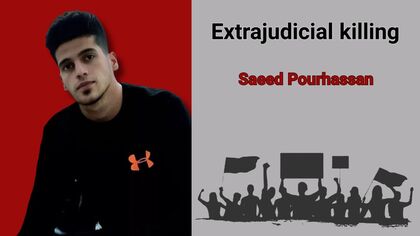Zainab Sokanwand executed in Urmia Prison
21:59 - 2 October 2018

Kurdistan Press Agency (Kurdpa): Three Kurdish prisoners, including a woman, were executed in Urmia Central Prison.
According to reports received by our agency, early this morning, the 2nd of October, three prisoners, Salman Khan Alilou, Zainab Sakawand and Hassan Hajilou, were executed in Urmia Central Prison.
Two other prisoners whose names are Mousa Namani and Changiz Irani had been transferred to solitary confinement in order to execute their death sentences, but their executions were adjourned as an opportunity to receive an agreement from the victims’ parents to overturn the decision.
Zainab Sakawand and four other prisoners sentenced to death had been transferred to solitary confinement in order to execute their sentences on Monday.
Their executions have not yet been confirmed by official sources and the media working inside Iran.
“Zeinab Sekaanvand’s execution breaches Iran’s obligations under the International Covenant on Civil and Political Rights and the Convention on the Rights of the Child, both of which Iran has ratified, and both of which strictly prohibit the imposition of the death penalty on people under the age of 18 at the time of the crime,” Amnesty International said on Monday.
“Zeinab Sekaanvand came from a poor and conservative family and ran away from home when she was 15 years old to marry Hossein Sarmadi, who was four years older than her. She said that she saw her marriage to Hossein Sarmadi as the only opportunity she had for a better life.
However, not long after the couple were married, she said her husband started abusing her verbally and physically, beating her regularly. She requested a divorce from him several times, but he refused. She registered many complaints with the police about the abuse, but the police consistently failed to conduct any investigation into her complaints. She also tried to return to her family but was disowned by them after she ran away,” they added.
According to reports received by our agency, early this morning, the 2nd of October, three prisoners, Salman Khan Alilou, Zainab Sakawand and Hassan Hajilou, were executed in Urmia Central Prison.
Two other prisoners whose names are Mousa Namani and Changiz Irani had been transferred to solitary confinement in order to execute their death sentences, but their executions were adjourned as an opportunity to receive an agreement from the victims’ parents to overturn the decision.
Zainab Sakawand and four other prisoners sentenced to death had been transferred to solitary confinement in order to execute their sentences on Monday.
Their executions have not yet been confirmed by official sources and the media working inside Iran.
“Zeinab Sekaanvand’s execution breaches Iran’s obligations under the International Covenant on Civil and Political Rights and the Convention on the Rights of the Child, both of which Iran has ratified, and both of which strictly prohibit the imposition of the death penalty on people under the age of 18 at the time of the crime,” Amnesty International said on Monday.
“Zeinab Sekaanvand came from a poor and conservative family and ran away from home when she was 15 years old to marry Hossein Sarmadi, who was four years older than her. She said that she saw her marriage to Hossein Sarmadi as the only opportunity she had for a better life.
However, not long after the couple were married, she said her husband started abusing her verbally and physically, beating her regularly. She requested a divorce from him several times, but he refused. She registered many complaints with the police about the abuse, but the police consistently failed to conduct any investigation into her complaints. She also tried to return to her family but was disowned by them after she ran away,” they added.



